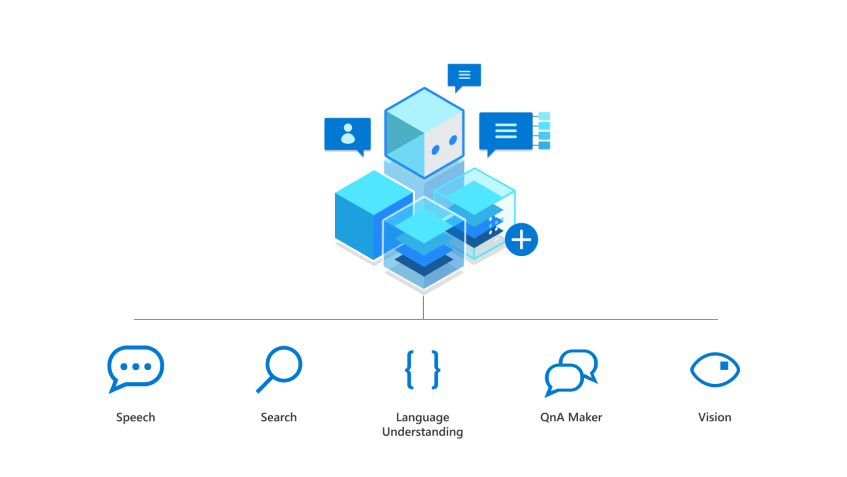
Owning any business is a difficult thing to do, but running a restaurant, bar, or club establishment can be even more challenging, in part due to the high financial and personal risk. While adding live entertainment can help it be more profitable, it’s a decision that shouldn’t be taken lightly.
Keep in mind that the impact of COVID-19 devastated many industries, particularly live entertainment, negatively impacting both performers and venue owners. As the Tennessean notes, they’ve since come up with creative solutions to allow live performances to resume. It highlights the need to evolve as times change. If you’re not up for that, you may want to rethink your decision.
Once you have decided to move forward and host live entertainment, keep these important tips in mind for the best odds of success.
Don’t Be a Copycat
You might think you can simply copy what another successful place is doing, including hiring some of the same booked talent, but it’s a recipe for failure. People would have no incentive to go to your establishment when there’s another one down the street that’s been doing it longer and probably much better if you’re entirely new to the game.
Don’t Expect the Entertainment to Draw 100% of the Crowd
Relying solely on live entertainment to bring in a crowd basically means you have no regular customers, which is a quick path to shutting your doors permanently. Say you hire a band and they put on an amazing show that brings a good crowd. But it turns out to be an audience of mostly the band’s friends and family. You love them and hire them again, but the next time, there’s no crowd, in fact, your place is dead.
The bottom line is you can’t expect the entertainment to do all the work – if most seats in the house are empty, it’s the owner’s fault, not the band’s. You’ll need to know how to market yourself and change things up frequently, so people don’t get bored and stop coming.
Advertising and Promoting
On that note, while a professional band will promote themselves and get the word out about the show, you’ll have to do your part too. Especially in the beginning, your business will need an identity, so you’ll have to promote your upcoming events everywhere you can, including social media.
Look at which social networks your customer demographic uses – it’s probably a mix of several which means you can’t just rely on Facebook. Promote where people will find it, starting by creating social media accounts that are strictly for your establishment if you don’t already have them.
Be Consistent
Having a regular calendar of live music events allows customers to start planning their nights around them. Many venues offer live music seven nights a night, although others host it only on Fridays and Saturdays. You’ll have to do what works for your business, but regardless of your choice, consistency is the key to building a regular following.
Keep Your Word
If you’ve scheduled an act, honor the dates unless you absolutely have to cancel. If you bail at the last minute, you’re not only taking money out of their pockets, you’re developing a reputation that says you’re not to be relied on, and word gets around. That means the entertainment you want might turn you down.
And, finally, once the band, singer, or other artist has performed, pay them what you agreed to, don’t make it a hassle for them to get what they worked hard for.






